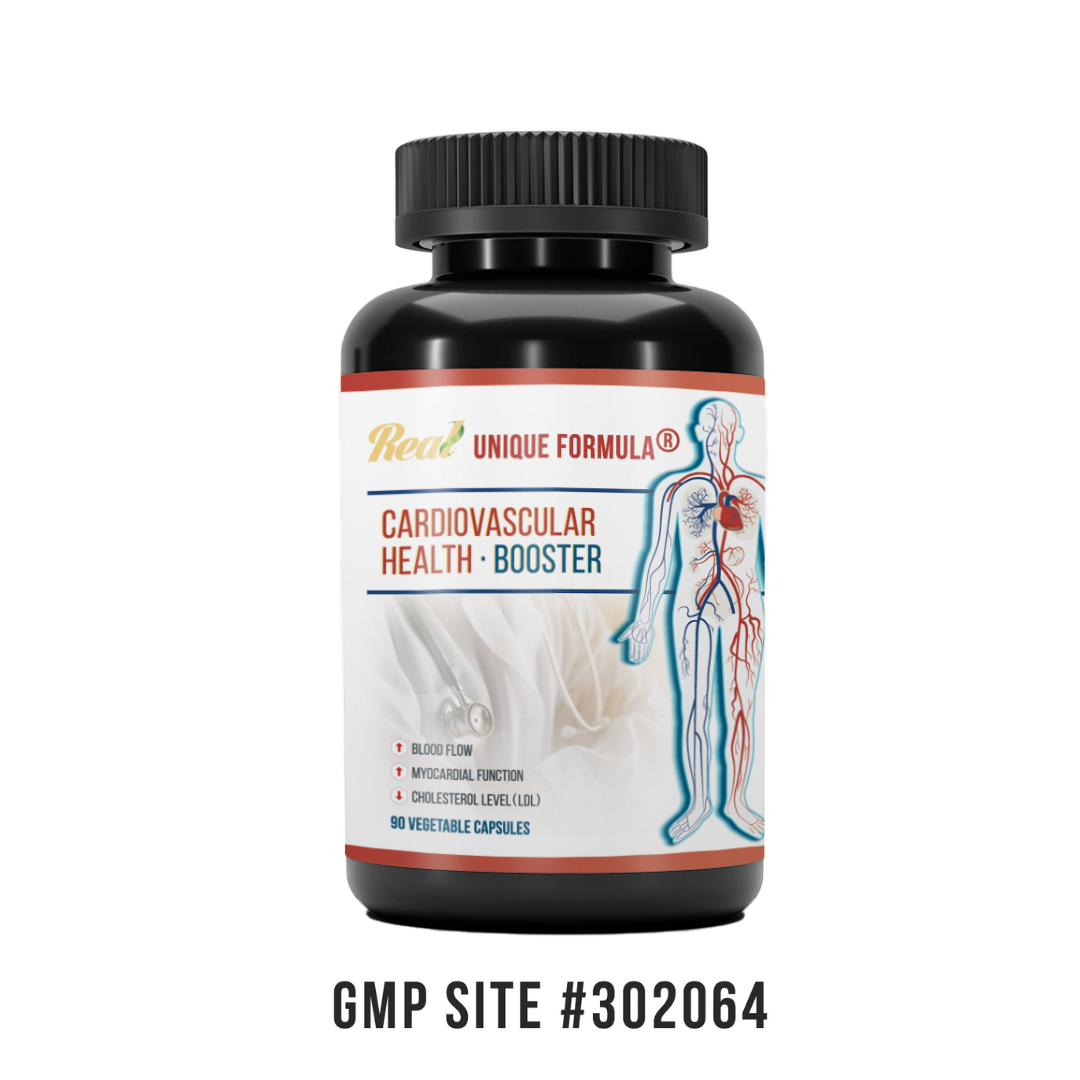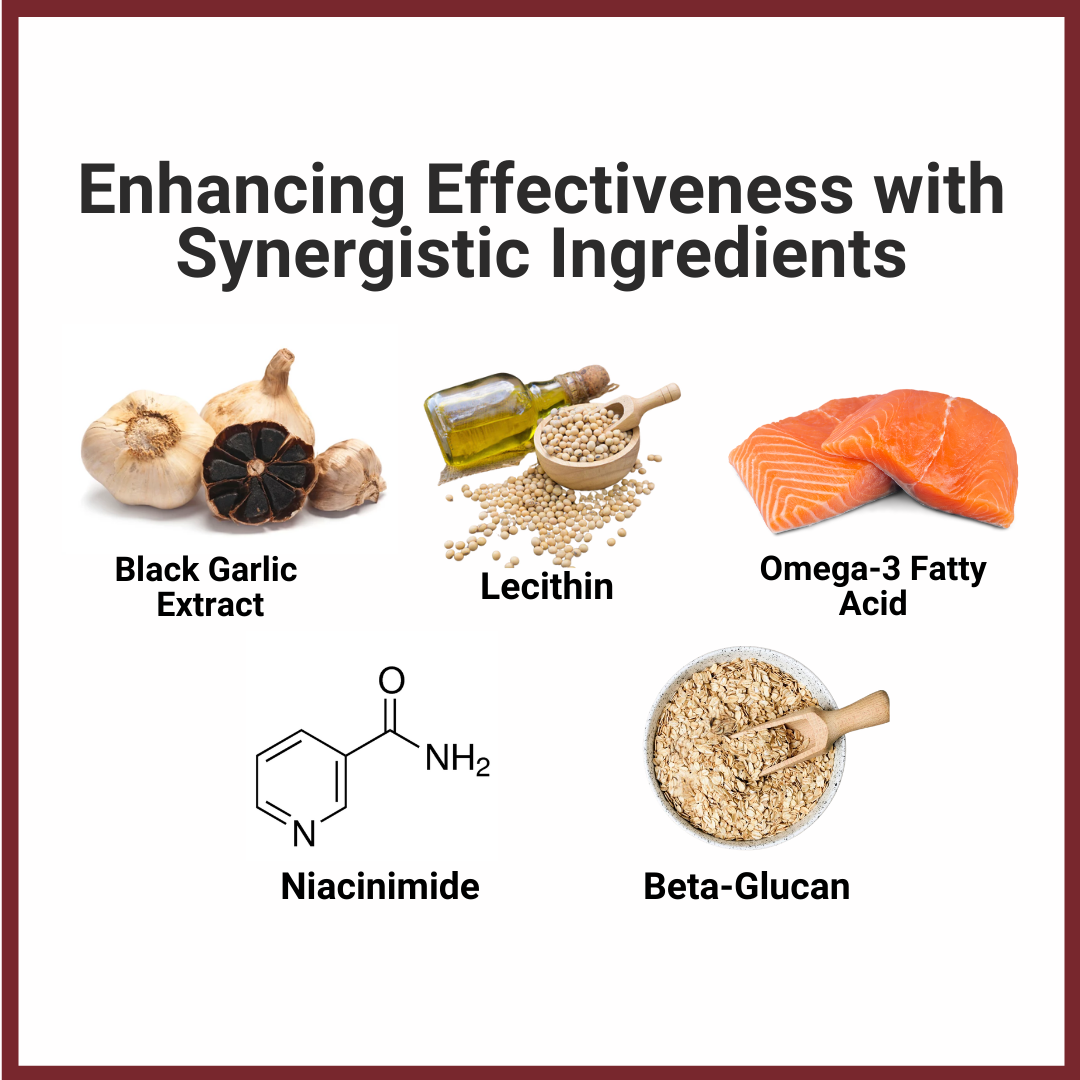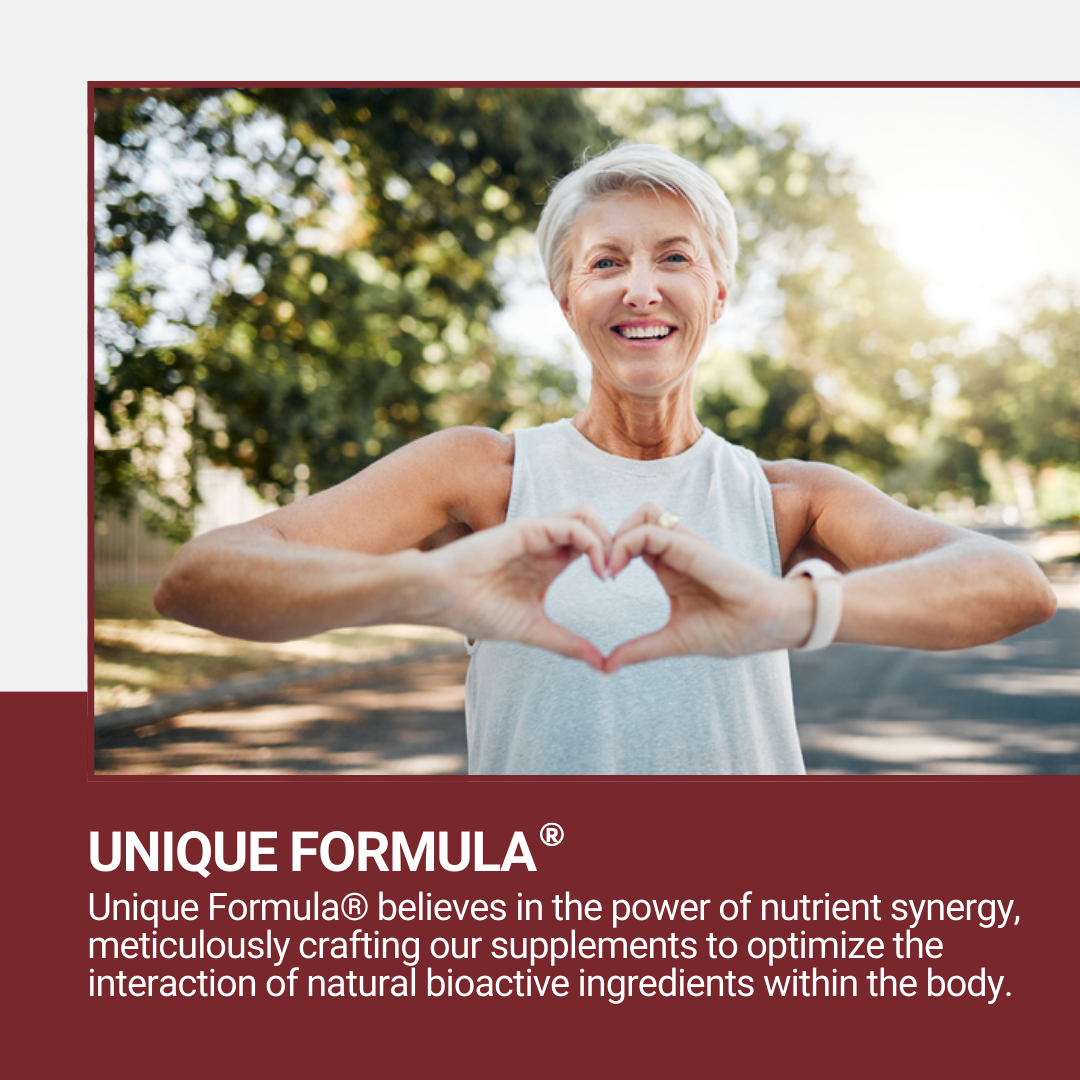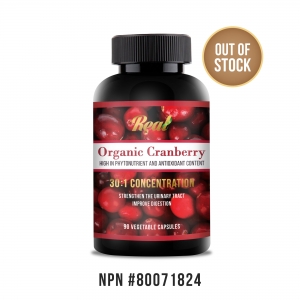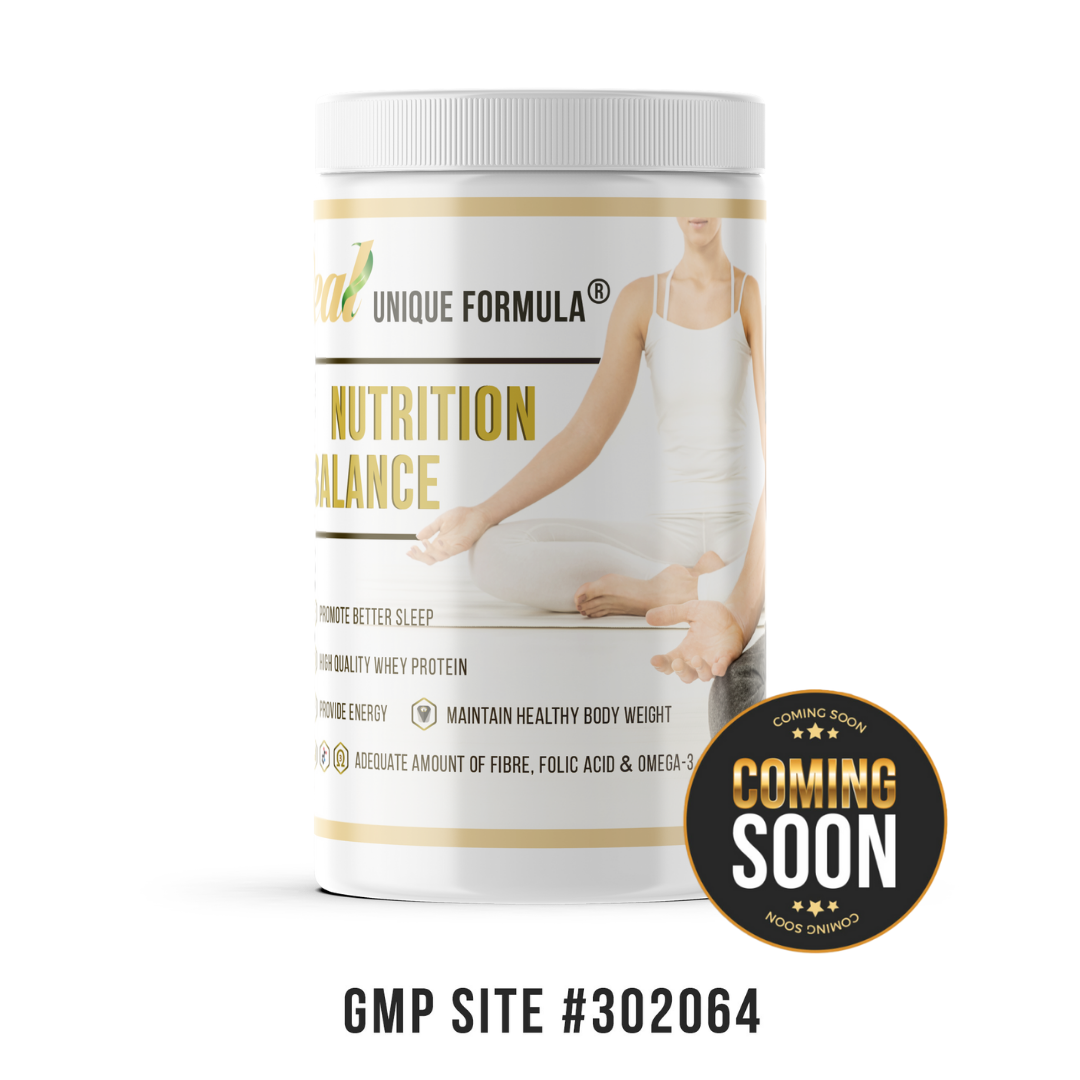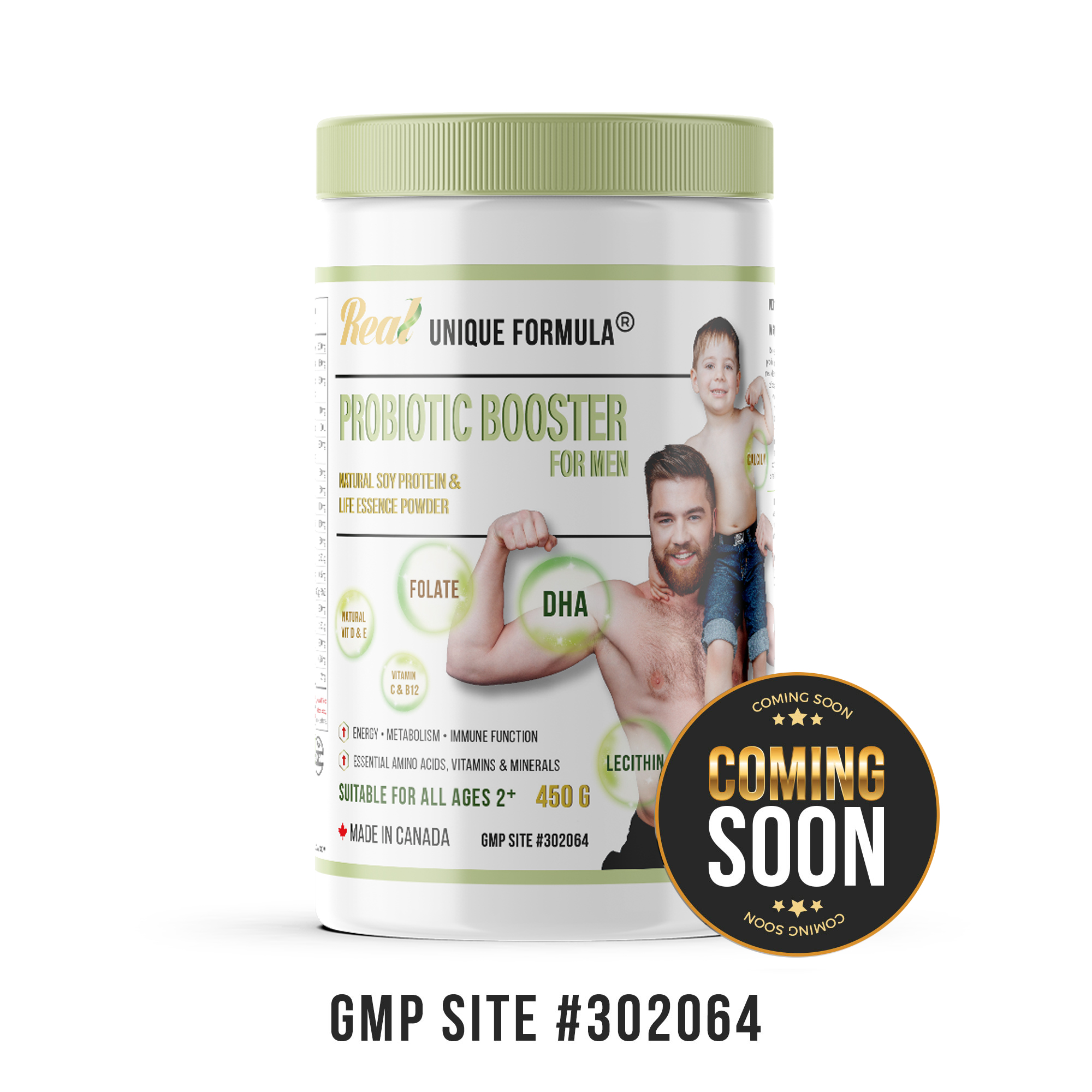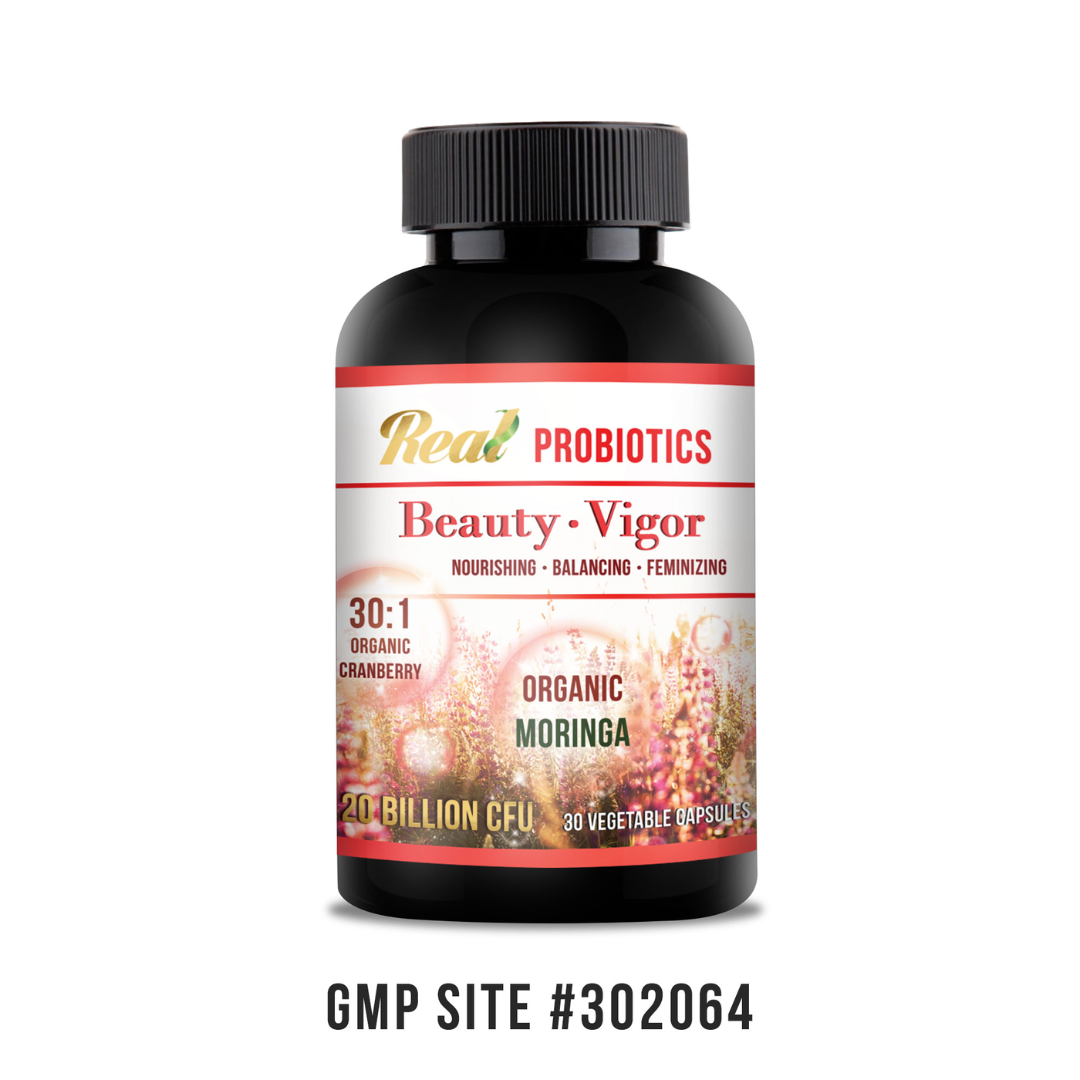Real • Unique Formula® Cardiovascular Health
Out of stock
$38.99
Out of stock
Your heart health is central to overall good health. It’s responsible for pumping nutrient-rich blood throughout your body, it supplies oxygen while removing toxins and waste. As the center of your cardiovascular system, it is vitally responsible for just about everything that gives your body life, ranging from the transportation of oxygen to the success of your immune system. Prioritizing heart health is important because heart disease kills more adults in the U.S. than any other cause, even though 80 percent of heart disease and stroke is preventable. It not only affects your physical wellbeing, but your mental health as well. A healthy heart is central to overall good health.
Real House’s Unique Formula ® for cardiovascular health combines natural ingredients to optimize and support cardiovascular health. Helps with energy metabolism and tissue formation. Combining a healthy diet aims to lower LDL cholesterol and raise HDL (good cholesterol). As a precursor to nitric oxide, it improves blood flow and dilutes blood vessels.
Cardiovascular disease (CVD) refers to a number of health conditions that affect the circulatory system, including the heart, arteries, veins, and capillaries. According to the research of Portneuf Medical Group, Heart disease has many different factors and it affects many people. As the leading cause of death in the United States, heart disease takes away 610,000 people each year. With high blood pressure, obesity and poor diet on the rise, everyone needs to be aware of the severity and risks of heart disease.
Refer to the US National Heart, Lung, and Blood Institute, Atherosclerosis is a common condition that develops when a sticky substance called plaque builds up inside your arteries. When the plaque builds up, it causes your arteries to narrow. This reduces the supply of oxygen-rich blood to tissues of vital organs in the body.Disease linked to atherosclerosis is the leading cause of death in the United States. About half of Americans between ages 45 and 84 have atherosclerosis and don’t know it.
Place of Production: Canada
Size: 90 vegetable capsules per bottle
Shelf Life: Three Years. The product is safe to use for three years but for the best effect, the product should be consumed as soon as possible after opening.
Recommended Dose: Oral, Adults: 2 Capsules one time per day.
Recommended Use: Regulate blood pressure. Helps to maintain and/or support cardiovascular health. Helps in energy metabolism and in tissue formation. Helps normal growth and development. Garlic (Allium sativum) is traditionally used in Herbal Medicine to reduce various risk factors associated with cardiovascular diseases. Source of Omega-3 fatty acids, such as EPA and DHA for the maintenance of good health. As a precursor of nitric oxide which boosts blood flow and dilutes blood vessels. Provides antioxidants and anti-inflammatory properties.
Duration of use: Consult a health care practitioner/health care provider/health care professional/doctor/physician for use beyond 12 weeks. Use for at least 3 months to see beneficial effects.
Supplement Facts (Each vegetable capsule contains)
|
Medicinal Ingredients |
Potency (mg/1 capsules) |
| Black Garlic Extract 16:1 (Allium sativum, Bulb) | 25mg (QCE 400mg) |
| Beta-glucan (Hordeum vulgare – Seed) | 5mg |
|
Lecithin (Glycine max – Seed) |
50mg |
| Niacinamide | 25mg |
| L-Arginine | 25mg |
| L-Citrulline (L-Citrulline malate) | 25mg |
| Niacin | 5mg |
Omega-3 Fatty Acid (Arctogadus glacialis – Liver)
|
40mg
20mg |
| Coenzyme Q10 | 15mg |
Non-medicinal ingredients: Purified water, Microcrystalline cellulose, Hypromellose
Main Ingredients and Functions
Black Garlic 16:1 – Refer to the US National Institutes of Health (NIH) – PMCID: PMC4317477, PMID: 25671065 – Consumption of black garlic extract lowers SREBP-1C mRNA expression, which causes downregulation of lipid and cholesterol metabolism. As a result, the blood levels of total lipids, triglyceride (TG), and cholesterol were decreased. In this study, black garlic extract significantly increased the fecal excretion of lipids, both TG and cholesterol, and the absorption rate of dietary fat, resulting in a significant reduction in the plasma concentration of lipid profiles in rats fed black garlic extract. Thus, appropriate intake of black garlic will be beneficial in the prevention of hyperlipidemia and hyperglycemia caused by a high fat diet.
The main constituents of black garlic extract are water soluble compounds; thus, it lacks the toxicity and has no peculiar garlic smell. Therefore, it can be taken by humans for a long time without presenting toxic side effects or contraindications with medications to prevent or reduce hyperlipidermia.
Black Garlic Extract is a rich source of antioxidants, vitamins, and minerals. It contains nearly 10 times more allicin than fresh garlic. Allicin is known for its medicinal properties. It helps promote digestive and colon health, supports heart health, contributes to liver health, assists with maintaining a healthy weight, promotes brain health and supports cognition and memory. Black Garlic Extract also has natural anti-inflammatory properties that help fortify the immune system.
Beta-glucan – Beta-glucans are most commonly used for heart disease and high cholesterol. It might prevent the body from absorbing cholesterol from food. They might also stimulate the immune system by increasing chemicals that prevent infections. Refer to the US National Institutes of Health (NIH) – PMC5249102 Beta-Glucans Supplementation Associates with Reduction in P-Cresyl Sulfate Levels and Improved Endothelial Vascular Reactivity in Healthy Individuals. Moreover, beyond reducing LDL and total cholesterol, beta-glucans treatment is associated with an amelioration of the endothelial function.
Lecithin – is a mixture of various phospholipids, and the composition depends on the origin of the lecithin. A major source of lecithin is soybean oil.
Refer to the US National Institutes of Health (NIH); National Library of Medicine PMCID: PMC3065734 – Atherosclerosis, the most serious cardiovascular disease, may affect individuals at an early age (20–29). Recent studies suggest that after taking soy lecithin capsule daily, the results showed a reduction of 40.66% and 42.00% in total cholesterol and of 42.05% and 56.15% in LDL cholesterol after treatment for one and two months, respectively. Therefore, it is recommended that the administration of soy lecithin daily may be used as a supplemental treatment in hypercholesterolemia.
The Food and Drug Administration-(FDA) USA, and the World Federation of Cardiology recommended daily use of soy protein to prevent cardiovascular disease.
Niacinamide – According to the US National Institutes of Health (NIH) PMID: 17147561, Niacin and niacinamide are similarly effective as a vitamin because they can be converted into each other within the organism. The blanket term vitamin B(3) is used for both. Niacinamide is a component of important coenzymes involved in hydrogen transfer. It is one of the precursor of NAD and NADP -is critical for mitochondrial function, and its supplementation can lead to increased longevity – Refer to cience.org, VOL. 352, NO. 6292: NAD REPLETION IMPROVES MITOCHONDRIAL AND STEM CELL FUNCTION AND ENHANCES LIFE SPAN IN MICE.
L-Arginine – Refer to the US NIH: PMC 4793528 : L-Arginine, is a conditionally essential amino acid, is the main substrate of nitric oxide synthase (NOS) family enzymes and is responsible for the production of the endothelium-derived relaxing factor nitric oxide (NO), which is involved in regulatory mechanisms of the cardiovascular system. Therefore, L-arginine has a potentially protective effect in regulating blood pressure and prevention of CHD.
Refer to the US National Institute of Health(NIH) PMID: 31336573 PMCID: PMC6683098 – The Effects of Oral l-Arginine and l-Citrulline Supplementation on Blood Pressure – It revealed that oral administration of the amino acids l-arginine (Arg) and l-citrulline (Cit), which are potential substrates for eNOS, could effectively reduce Blood Pressure by increasing Nitric Oxide production. Both Arginine and Citrulline are effective at increasing plasma Arginine, it is approximately twice as potent, which is most likely due to a lower first-pass metabolism.
The current data suggest that oral Arg supplementation can lower BP by 5.39/2.66 mmHg, which is an effect that is comparable with diet changes and exercise implementation. The antihypertensive properties of Cit are more questionable, but are likely in the range of 4.1/2.08 to 7.54/3.77 mmHg. The exact mechanism by which Cit and Arg exert their effect is not fully understood, as normal plasma Arg concentration greatly exceeds the Michaelis constant (Km) of eNOS. Thus, elevated plasma Arg concentrations would not be expected to increase endogenous NO production significantly, but have nonetheless been observed in other studies. This phenomenon is known as the “l-arginine paradox”.
Nitric Oxide it contributes to the regulation of cardiac contractility and dilates blood vessels, leading to increased blood supply and decreased Blood Pressure. Nitric oxide (NO) is a well-known vasodilator produced by the vascular endothelium via the enzyme endothelial nitric oxide synthase (eNOS). The inadequate production of NO has been linked to elevated blood pressure (BP) in both human and animal studies, and might be due to substrate inaccessibility.
Hypertension is a state of elevated systolic and/or diastolic blood pressure. For years, blood pressure (BP) equal to or higher than 140/90 mmHg was classified as hypertension, but the 2017 updated guidelines from the American College of Cardiology and American Heart Association classified hypertension as BP equal to or higher than 130/80 mmHg. An optimal blood pressure level is a reading under 120/80 mmHg. Hypertension is a known risk factor for many diseases, including stroke, myocardial infarction, and renal disease .
L-Citrulline – It’s an amino acid naturally produced by the body, It boosts nitric oxide production in the body. Nitric oxide helps your arteries relax and work better, which improves blood flow throughout your body. This may be helpful for treating or preventing some diseases.
(Omega-3 fatty acids – DHA & EPA) Omega-3 fatty acids are “healthy fats” Omega-3 fatty acids have many potential benefits for your cardiovascular health. One key benefit is that they help lower your triglyceride levels. Too many triglycerides in blood (hypertriglyceridemia) raises the risk of atherosclerosis, and through this, can increase the risk of heart disease and stroke. So, it’s important to keep triglyceride levels under control. In addition, omega-3s may help to arising HDL (good) cholesterol and lowering blood pressure. Fish oil are known to have blood-thinning effects that reduce blood viscosity and reduce the risk of blood vessel blockages.
Niacin – also known as nicotinic acid and vitamin B3, is a water soluble, essential B vitamin that, when given in high doses, is effective in lowering low density lipoprotein (LDL) cholesterol and raising high density lipoprotein (HDL) cholesterol, which makes this agent of unique value in the therapy of dyslipidemia.
Niacin is a very important drug in treating cholesterol problems, particularly people with elevated triglycerides and low HDL. In fact, it’s one of the best drugs out there that can raise your HDL levels.
Coenzyme Q10 – CoQ10 is a naturally occurring antioxidant in the body that cells use for growth and maintenance. But levels of CoQ10 in the body decline with age. CoQ10 levels have also been found to be lower in people with certain conditions, such as heart disease, and in those who take cholesterol-lowering drugs called statins.
Refer to the US National Institute of Health (NIH) PMCID: PMC6131403 : COQ10 stops the initial process of lipid peroxyl radicals’ formation. That is the reason why COQ10 is considered to be a very potent antioxidant against ROS and free radicals in biological membranes. Reactive Oxygen Species (ROS) can cause serious cellular damage by means of reacting with cell membranes, DNA and protein centers [14]. Besides that, the products of oxidative stress and cytokines may lead to hypertrophy because they trigger the growth of myocytes
COQ10 plays a great role in the heart’s energetic needs. For example, the process of cardiac contraction, which involves the release of Ca2+ from the sarcoplasmic reticulum and the following activation of the contractile proteins requires energy. There is a theory that myocardial failure may be caused by the reduced production of the energy in mitochondria. COQ10 is the main component in the transport of electrons necessary for ATP production.
Besides that, COQ10 possesses anti-inflammatory effect, because different cardiovascular diseases, for example, heart failure are related to chronic pro-inflammatory state, supposing increased circulating levels of cytokines and adhesion molecules. There are some new studies that establish anti-inflammatory properties of COQ10 possibly by means of nitric oxide’s regulation, and that mechanism may be effective in heart failure treatment. Thus, the cytokines’ and chemokines’ secretion wouldn’t induce myocardial fibrosis and lead to Heart Failure (HF) development.
It is considered that COQ10 adjusts the angiotensin effect in sodium retention and decreases the level of aldosterone [29]. This effect was proved in a study where COQ10 was administrated as an adjuvant to usual antihypertensive therapy
Cautions and Warnings
Consult a healthcare practitioner prior to use if you are taking blood pressure medication; or if you are pregnant or breastfeeding. Stop use if hypersensitivity/allergy occurs.
Recommended Storage Condition: Store away from children. Store protected from light and moisture. Do not use if the safety seal is damaged or missing.
Summary: Guidelines from the American College of Cardiology and American Heart Association (ACC/AHA) recommend eating fish as part of a heart-healthy diet. Indeed, having a diet rich in omega-3 fatty acids may help prevent heart disease, protect brain and eye health, and contribute to fetal development.
While the treatment of cardiovascular disease (CVD) is aimed at lowering LDL cholesterol, improving blood flow, or regulating heart rhythm, lifestyle choices can prevent many cardiovascular diseases. Here are some lifestyle tips
- Manage body weight: The National Institute of Diabetes and Digestive and Kidney Disorders advise that if a person loses 5–10%Trusted Source of their body weight, they may reduce their risk of developing CVD.
- Get regular exercise: The American Heart Association (AHA) recommend doing 150 minutes Trusted Source of moderate-to-intense physical activity every week.
- Follow a heart-healthy diet: Eating foods that contain polyunsaturated fats and omega-3, such as oily fish, alongside fruits and vegetables can support heart health and reduce the risk of CVD. Reducing the intake of processed food, salt, saturated fat, and added sugar has a similar effect.
Disclaimer: Information on this website has been obtained from secondary sources which are intended to provide general summary information only. These sources are believed to be reliable. Real House does not assume any liability for the accuracy, usefulness, completeness, currency, and adequacy of the information and should not substitute for a medical consultation. Our products are not intended to diagnose, treat, or cure any disease. Individual results may vary.
| Weight | 0.6 lbs |
|---|---|
| Dimensions | 6.35 × 6.35 × 12.065 cm |
Related Products
-
Real • Organic Cranberry Capsules
$26.99Real House Organic Cranberry Capsules are made up from natural, organic Canadian cranberries, we strive to bring you the best quality cranberry capsules on the market. These cranberry capsules have many positive effects on the human body. With an abundance of vitamin C and other antioxidants, cranberry capsules can help with the excess fat while maintaining young and healthy looking…
-
Real • Unique Formula® Energy Booster – (DHA • Premium Plant protein Full Essence Powder)
$49.49DHA • PREMIUM PLANT PROTEIN FULL ESSENCE POWDER This precious energy-providing powder is suitable for people of all ages. With DHA EPA added to non-GMO soy powder and pea protein packed full of bioactive vitamins and essential minerals, it is incredibly effective for maintaining and establishing optimal health. The high quality plant-based protein powders are best for People with allergies…
-
Real • Unique Formula® Beauty Vigor Probiotics
$28.49BALANCING & FEMINIZING CAPSULES Beauty Vigor introduces a new Unique Formula ® that enhance women’s vitality and beauty. 20 Billion (7 species) bioactive healthy flora infused with Organic Moringa Oliva and 30:1 Organic Cranberry extract that works naturally with the female body to support vaginal, digestive and immune health, provides high antioxidant and anti-inflammatory properties, exude the natural glow and…

